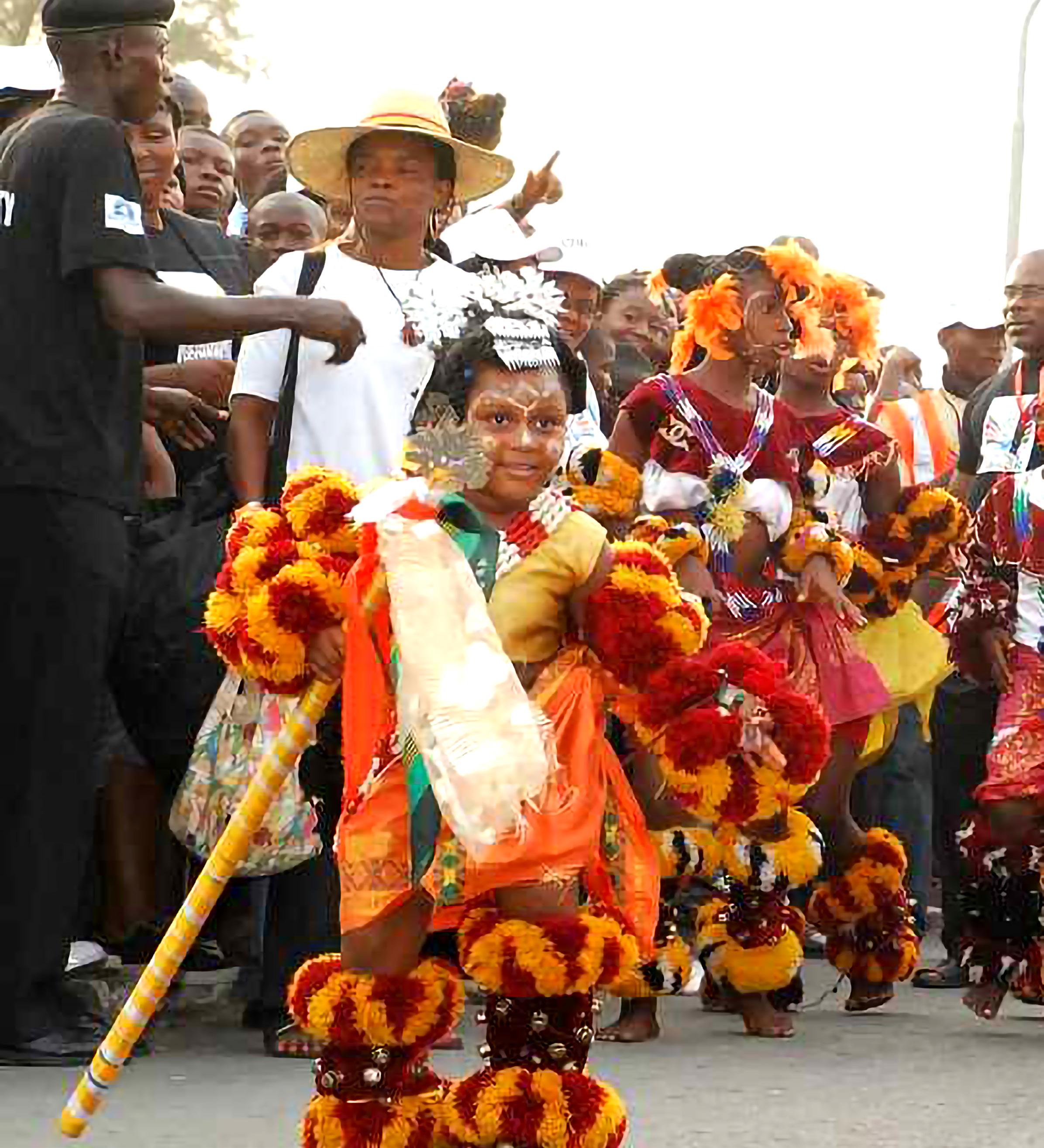
9 minute read
City in Focus
ABA
THE INDUSTRIAL NERVE CORE OF ABIA STATE
Advertisement
Aba is a metropolis in the southeast of Nigeria and the industrial nerve core of Abia State. Aba is genuinely a city after everybody's heart. Immediately after the creation of Abia state in 1991, Aba has two local governments areas namely; Aba South and Aba North. Aba south is the fundamental town centre and the coronary heart beat of Abia State, located on the Aba River. Villages that made up Aba are; Aba-Ukwu, EziukwuAba, Obuda-Aba, Umuokpoji-Aba and few different ones from Ohazu merged with Aba to achieve administrative convenience. The establishment of Aba as a city was with the aid of the Ngwa clan of Igbo People of Nigeria as a market settlement. Later, a military post was positioned there through the British colonial administration in 1901 alongside the Aba River west bank and at the intersection of main roads to Port Harcourt, Owerri, Umuahia, Ikot Ekpene, and Ikot Abasi. The metropolis became an accumulating point for agricultural products such as palm oil and palm kernels following the railway made by the British, running through it to Port Harcourt in 1915. Aba is a critical urban settlement and industrial centre in an area surrounded by small villages and towns. The indigenous people of Aba are the Ngwas known and regarded as craftsmen. Aba had a population of 534,265 as of 2006 census. The premier village in Aba is Aba-Ukwu and making it to refer to late Eze W.E Ukaegbu of Aba-Ukwu as the 9th Grand Son of Aba. Hence the proprietors of Aba are often referred to as Aba la Ohazu indigenes and Chief Ogbonna Uruakpa Nkwoha of Eziukwu Village was once made the King of Aba and the solely recognised Royal throne through the Queen of England. It, in the end, grew to
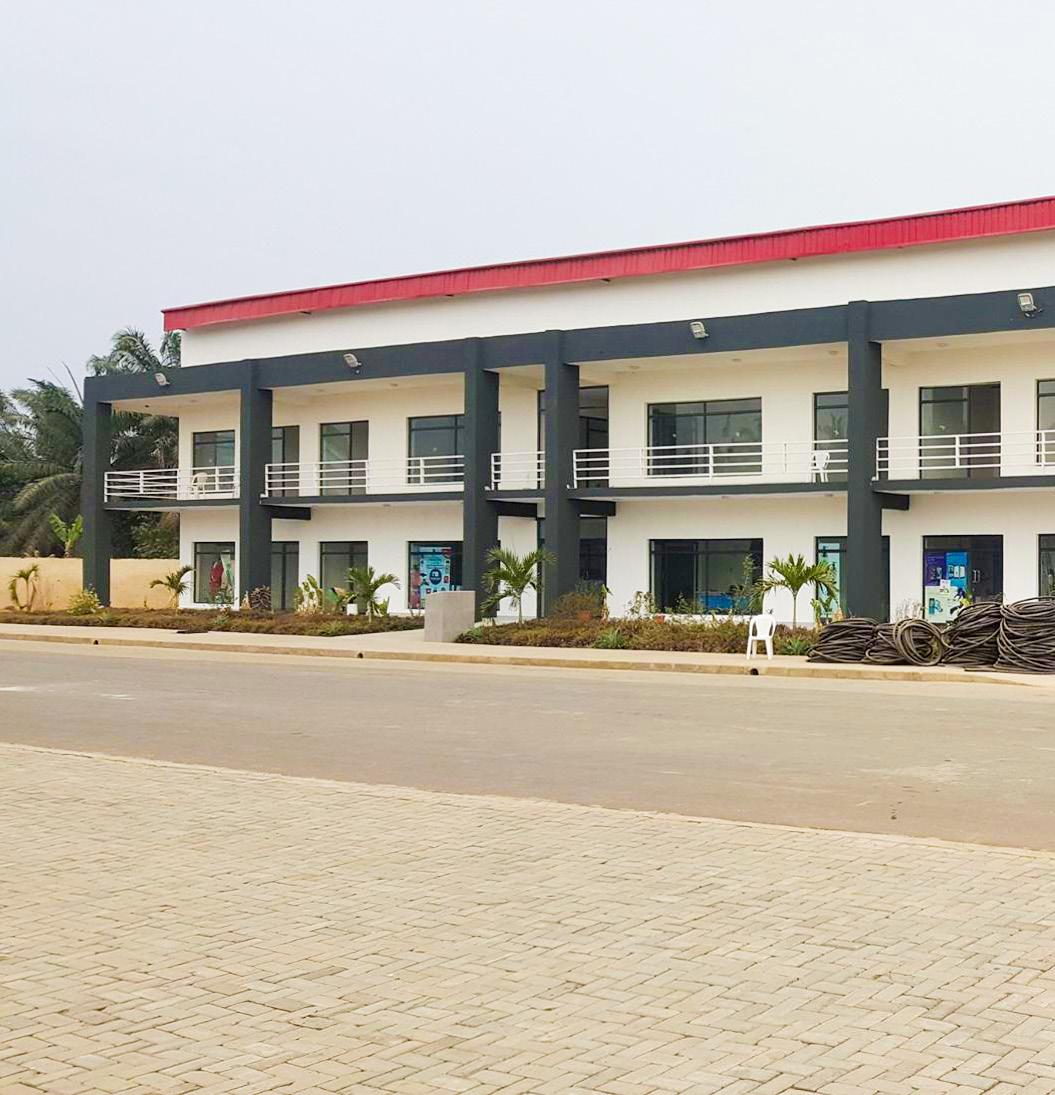
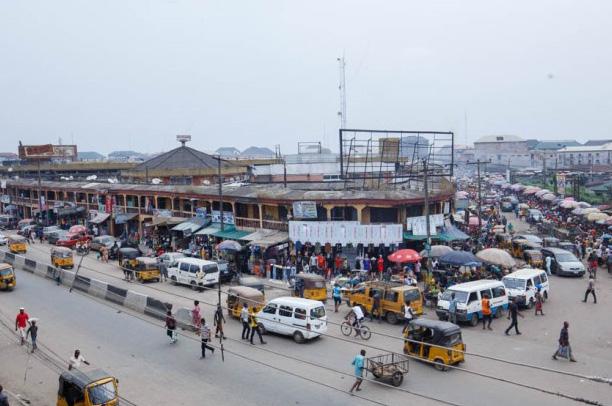
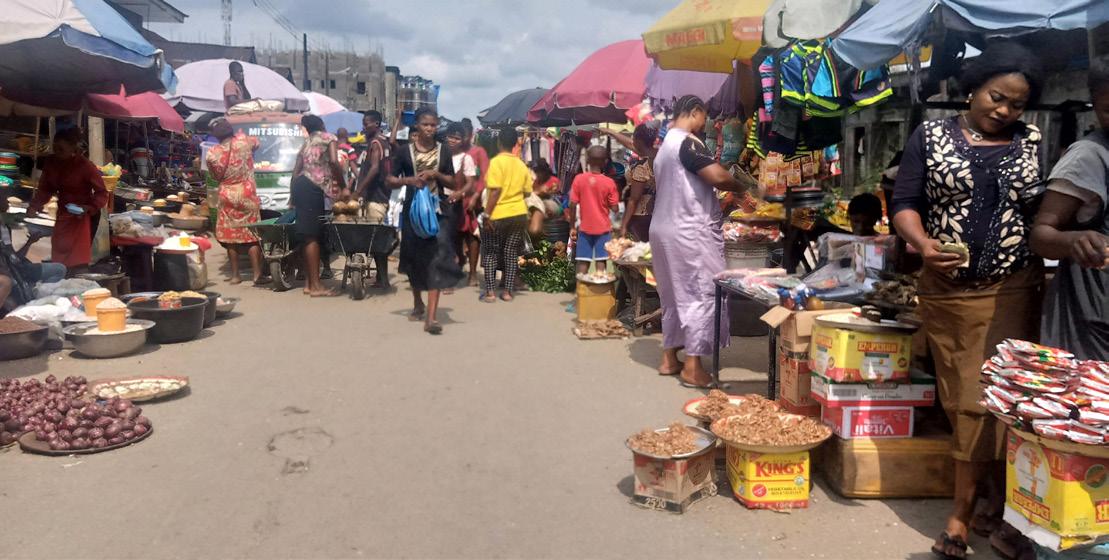
become an administrative centre of Britain's colonial government. Aba has been the most important commercial centre since it grew to be part of the historical Eastern region.
The Aro Expedition, which used to be part of a large navy graph to subdue anti-colonial notion in the region, took place in the area of Aba all through 1901 and 1902. During this military action, the British without problems beat the native Aro people with an unknown number of casualties. In 1901, the British established an army post in Aba and construction of a railroad was developed to link it to Port Harcourt 1915, which transported agricultural goods like palm kernels and palm oil.
Igbo women revolt in 1929 in Aba, traditionally recognised as "The Aba Women's Riot", a protest of the colonial taxation policy. The insurrection commenced first as a peaceful protest towards the preliminary census of ladies in the region, and subsequently assumed taxation of women based totally upon rumour. The protests unfold all through the palm oil belt, but, remained peaceable till when as a result of a scuffle, one pregnant woman was knocked over during and the lady lost her baby. It was an act of abomination at that time. The news of this spread hastily and violent reactions ensued. After additional deaths, occurred, a mass of 10,000 ladies marched on Aba, with fifty-five to over a hundred being reported dead. When the Nigerian Civil War stated in 1967, the kingdom capital of Biafra was moved to Umuahia from Enugu. Aba was devastated during the War. By the 1930s, Aba used to be turning into a giant city community with a thriving industrial complex. Aba is the home of many individual households such as the famous Ogbonna family of Eziukwu-Aba, Emejiaka Egbu family of Aba la Ohazu, the prestigious Ichita household of UmuokpojiAba, Ugwuzor, Umuokpoji Aba, the Ihemadu household of Ohabiam, the Ukaegbu household of Aba-Ukwu, the Ahunanya family of Ohabiam, the Omenihu family of Obuda-Aba, also, the Ugbor family of Aba-Ukwu and others. Oil wells surrounded Aba, separating it from Port Harcourt, from the Imo River natural gas repository, a 30 kilometres pipeline powers Aba with gas. Its most vital financial contributions are textiles and palm oil alongside with pharmaceuticals, plastics, cement, and cosmetics which made the Ariaria International Market become the biggest market in West Africa seconded by the Onitsha Main Market. There are also breweries, a glass company and distillery inside the city. And finally, it is well-known for its handicrafts.
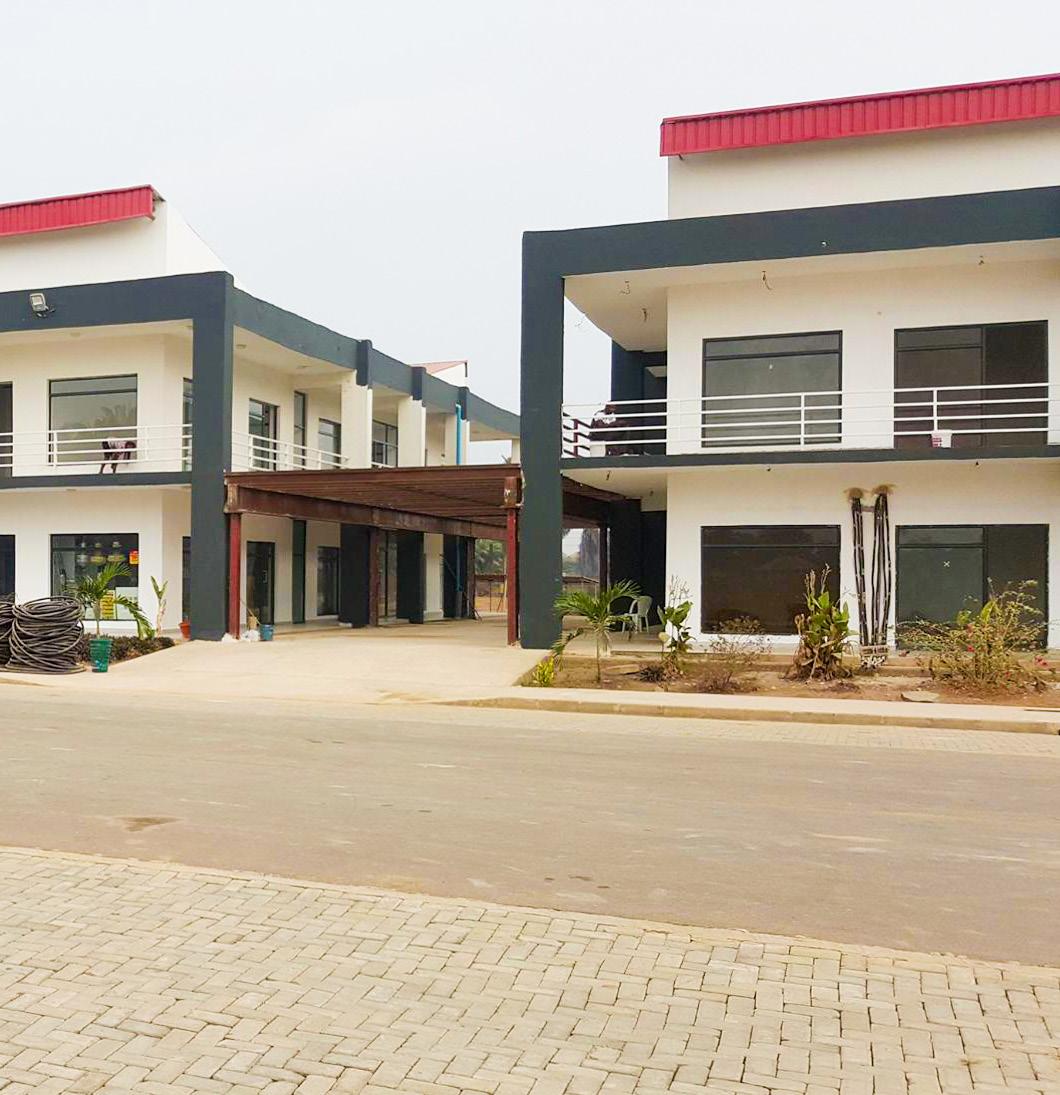
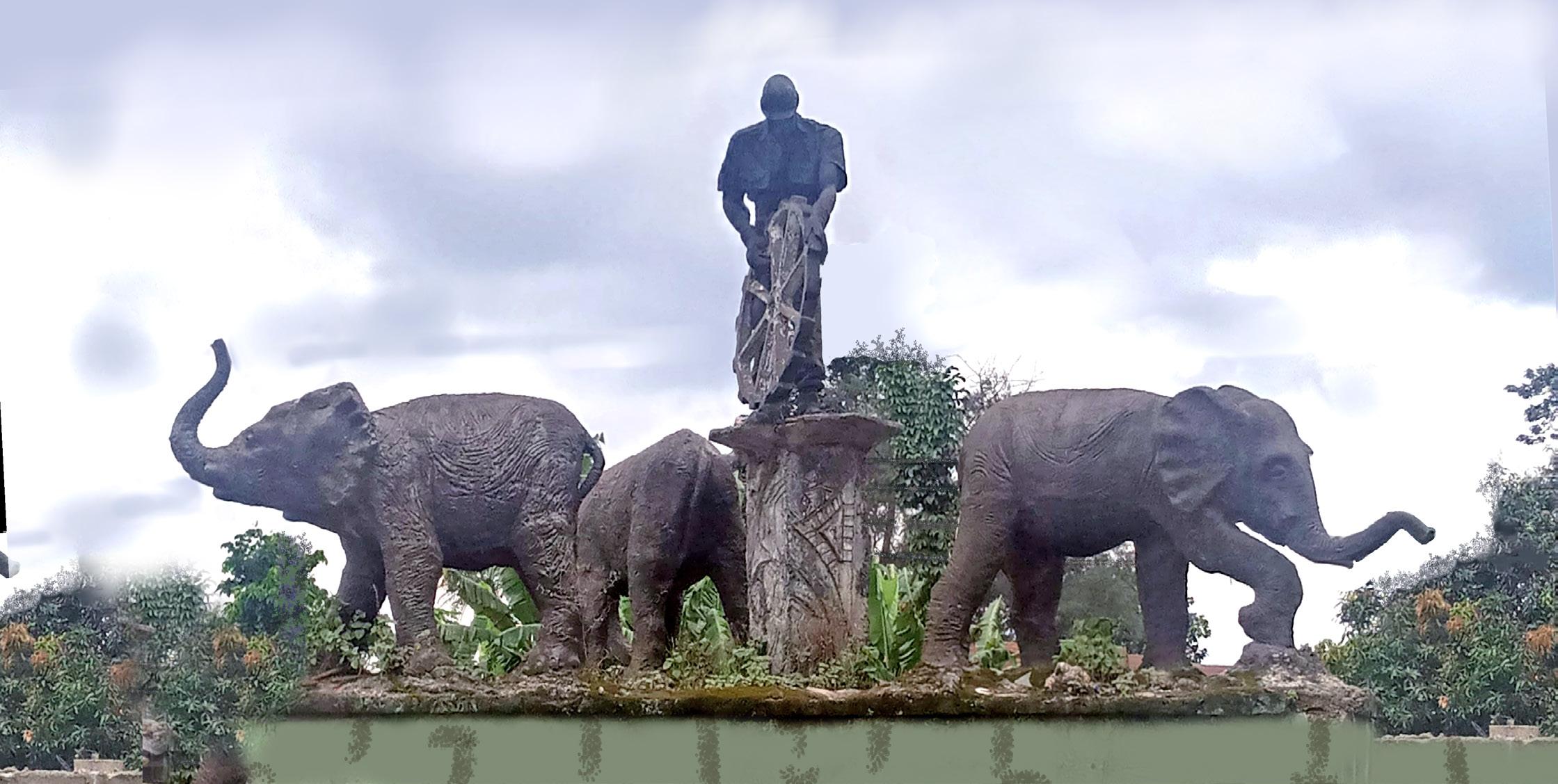
RELIGIOUS TOURISM The city has played a significant role in the Christian evangelism of the Southeast of Nigeria since the British introduced the Church Missionary Society (C.M.S.), an evangelism vehicle of the then Church of England, and used it to plant what these days have transform to the Nigerian Anglican Church. The Church named, All Saints originated out of the evangelical initiative of three oil traders from Opopo -Joseph Cookey, Gabrial Cookey and Zedekiah Cookeys. These men sailed up the Aba - Azumini River in 1896 for their trading and also for planting of Christianity. In 1897, the three men negotiated with Abayi and Umuocham people for land to establish their oil business at two beaches, which they constructed at Abayi and Umuocham watersides. They traded in oil produced from Ngwa, they preach the word of God and built trade relationships. This enable the cookeys to converted the Abayi and Umuocham people to Christianity. From 1901 in particular in 1902, they planned intensive crusade. They invited their landlords leading to the planting of two congregations, one at Abayi waterside and the other at Umuocham dedicated with the aid of Bishop Johnson, the Assistant Bishop in the Diocese of Western Equatorial Africa (1900-1917). The converts from Abayi and Umuocham attended service at St. Ambrose, Abayi Waterside Until 1905 when they set up their Church at Abayi and Umuocham respectively. Joseph Cookey used to be the teacher for Abayi whilst Gabriel Cookey was Volunteer Volunteer teacher for Umuocham. Founded in the late 1920s, St. Michael's Cathedral Anglican Church came into existence. However, St. James Parish on the edge of the city (Umule) is arguably the oldest Church because in 1916 was when the diocese'd celebrated first mass. The C.M.S. founded most of the Primary and Secondary Schools along with each of their Churches.
Also established in 1923, was the Seventh-day Adventist Church (S.D.A. Church). The Biblical faith made Seventh-day Adventists to be well recognised, so too was their, exceptional hospitals and educational institutions. The Catholic Church also created many churches like Christ the King Church (C.K.C.), which for a long time was the largest Church in the town and currently known as Christ the King Cathedral. When the Pentecostal brand of Christianity (the evangelicals) arrived in Nigeria, the metropolis got a sizable share for itself. The Assemblies of God Church is among the earliest, the Deeper Christian Life Ministry, Living Word Ministries Inc. had a massive following in the early 1980s, following The Refiner's House International Church one of the most recent and fastest-growing Christian ministry in the city.
Also, Bishop Ogudoro founded the African Gospel Church in the town. Towards the end 1960s, a group of Nigerians discovered information on The Church of Jesus Christ of Latter-day Saints and established branches. However, the Utah-based Church did
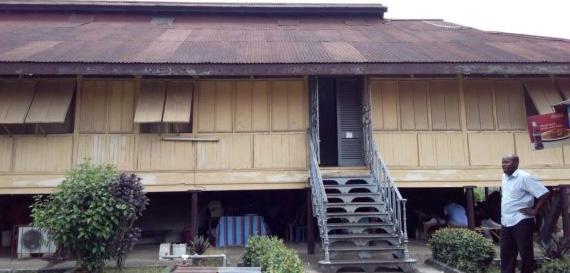
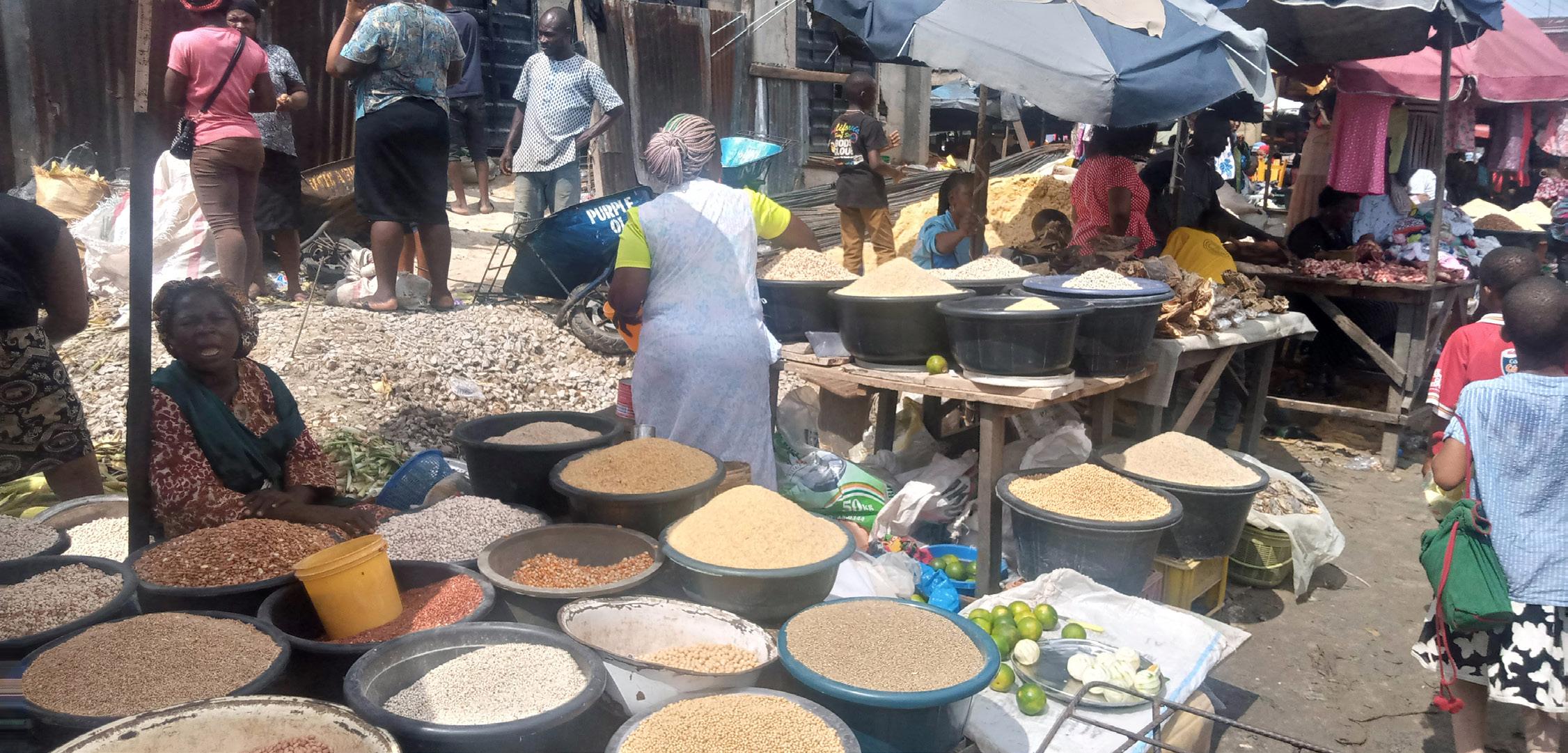

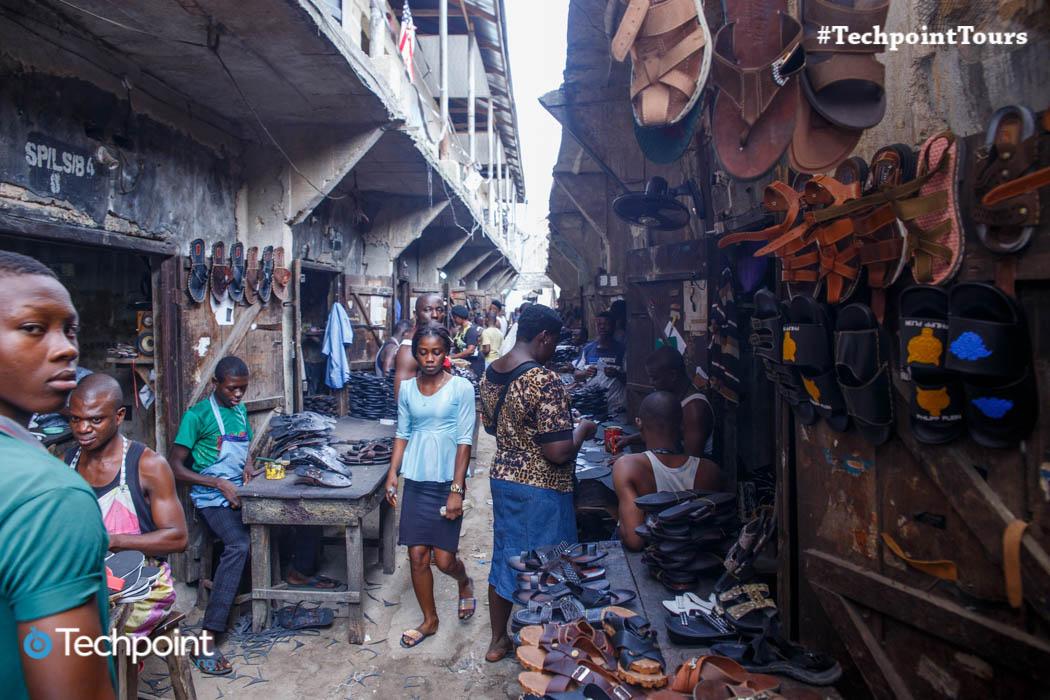
not set up any official presence until the late Seventies when blacks were allowed to hold priesthood authority making the only L.D.S. Temple in Nigeria to be in Aba, 'Aba Nigeria Temple'.
Muslims places of worship are also present in Aba; the most prominent mosque is the Hospital Road Mosque with a resident Chief Imam. A station and a mini station on Nigerian Railways serves Aba. Aba is additionally the leading hub for road transport in the region – a massive and wide variety of transport businesses operate, coaches, that transport people daily to many areas of the country. Aba is second only to Onitsha in mass transportation daily volume in the eastern part of the country. The use of Commercial tricycles ("Keke NAPEP") is standard.
Enyimba International Football Club, popularly called The Peoples Elephant, is the town's most famous football club. Enyimba FC's prevailing track-record is among the richest of all Nigerian soccer clubs. With two C.A.F. Champions League Trophies, six Nigeria Premier League titles and a pair of Federation Cup trophies, the club is presently ranked 2nd in the C.A.F. Club Rankings.
There are well-known markets in Aba, like Ariaria International Market, Eziukwu Road Market (Cemetery Market), Ahia Ohuru (New Market), Shopping Centre (Ekeoha) etc. that serve the entire region with quality wares, provisions, cosmetics, etc. When next in Nigeria, a visit to Aba will thrill you. It is a town after everybody's heart. There is rarely any successful man or woman in Nigeria today, that does not have an Aba story to tell. Aba is known as the 'Japan of Africa' due to its manufacturing prowess, the 'can do' spirit of the people and the robust entrepreneurial orientation, but having said all these, Aba needs rebuilding. The city can reposition Nigeria's dying economy. Many goods sold in different African countries are from Aba. Aba holds the key to making Nigeria tremendous and self-reliant. The Vice-President, Professor Yemi Osinbajo, once visited Aba, to confirm the city as S.M.E. Capital of Nigeria, when he wanted to launch the Federal Government's Micro Small and Medium Scale Enterprises Clinic (MSME Clinic). Osinbajo knows a lot about Aba and fell in love with the city even before visiting.
Additionally, President Muhammadu Buhari, in his 2017 budget speech, noted among other things that the government will provides avenue to enable people to buy Made-in-Nigeria goods, encourage garment manufacturing and Nigerian designers, tailors and fashion retailers. The government also wanted opportunities to patronise the Aba entrepreneurs so that it will be possible to promote the manufacturing powerhouses in Aba.
Today, the people of Aba are still hoping that the city would be re-developed into a modern commercial hub. With functional infrastructure, stable power supply, reliable and decent public transportation system, urban traffic management system, structured and planned industrial layouts, clusters and parks etc. that grow business and promote trade. These are what will release Aba's revenue potential that can be leveraged upon to develop the rest of Abia State as the industrial hub of Eastern Nigeria.
With its healthy entrepreneurial setting, which attracts business operators from across the nation and most ECOWAS countries, Aba, has the potential to become a commercial and business hub of West Africa. Abia state government wanted to enhance international marketing opportunities for made-in-Aba goods and services by ensuring quality control and showcase the made-in-Aba brand in the economic capitals of the world.









